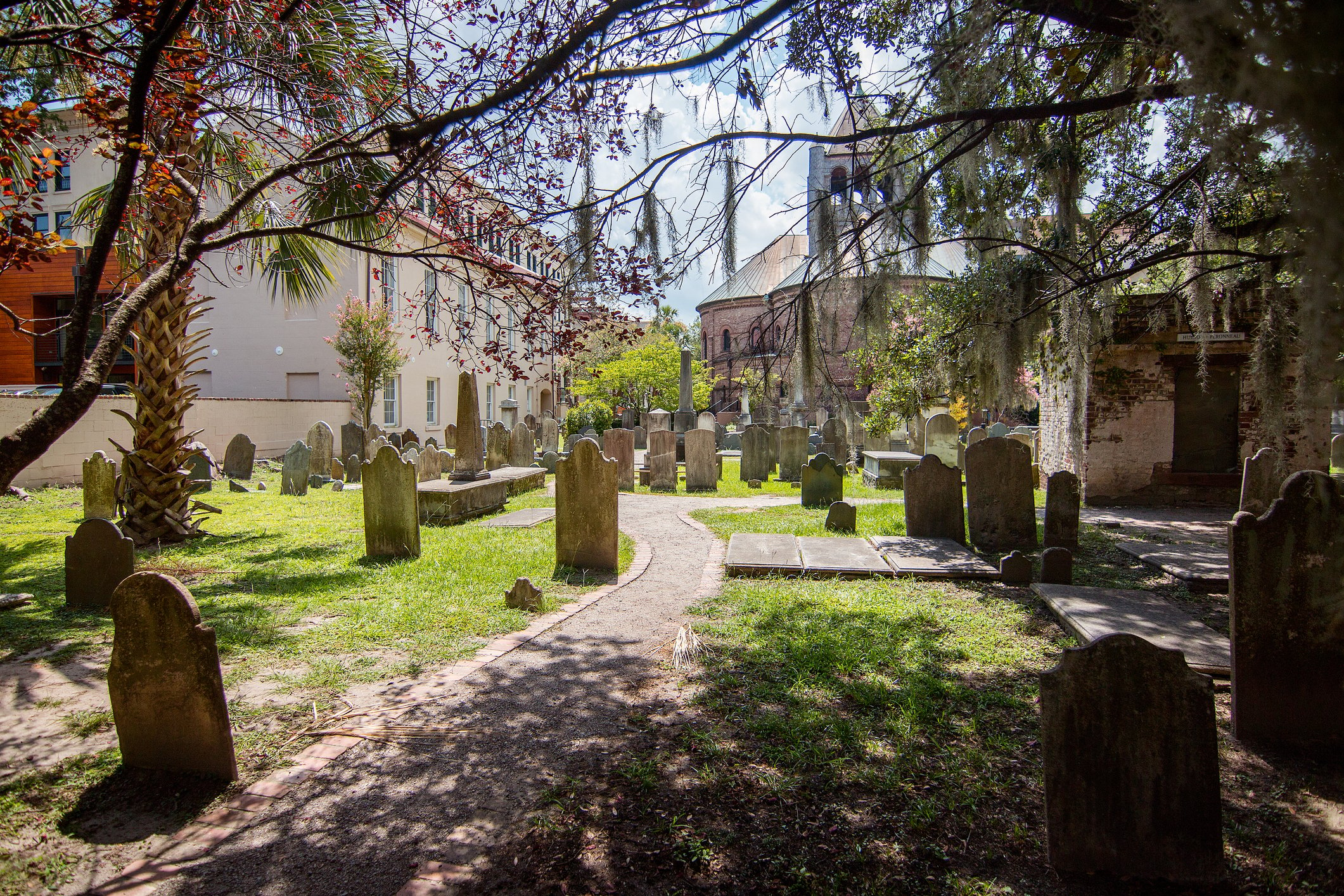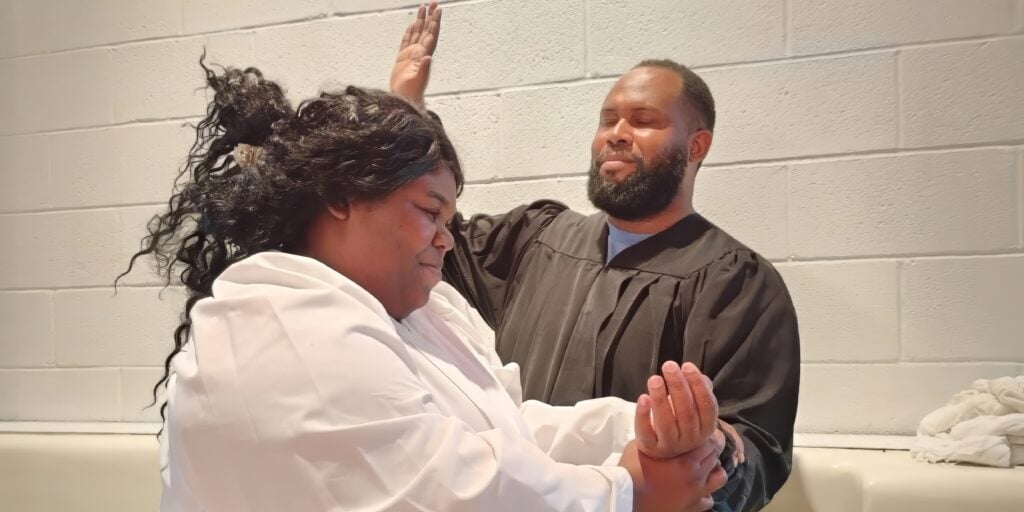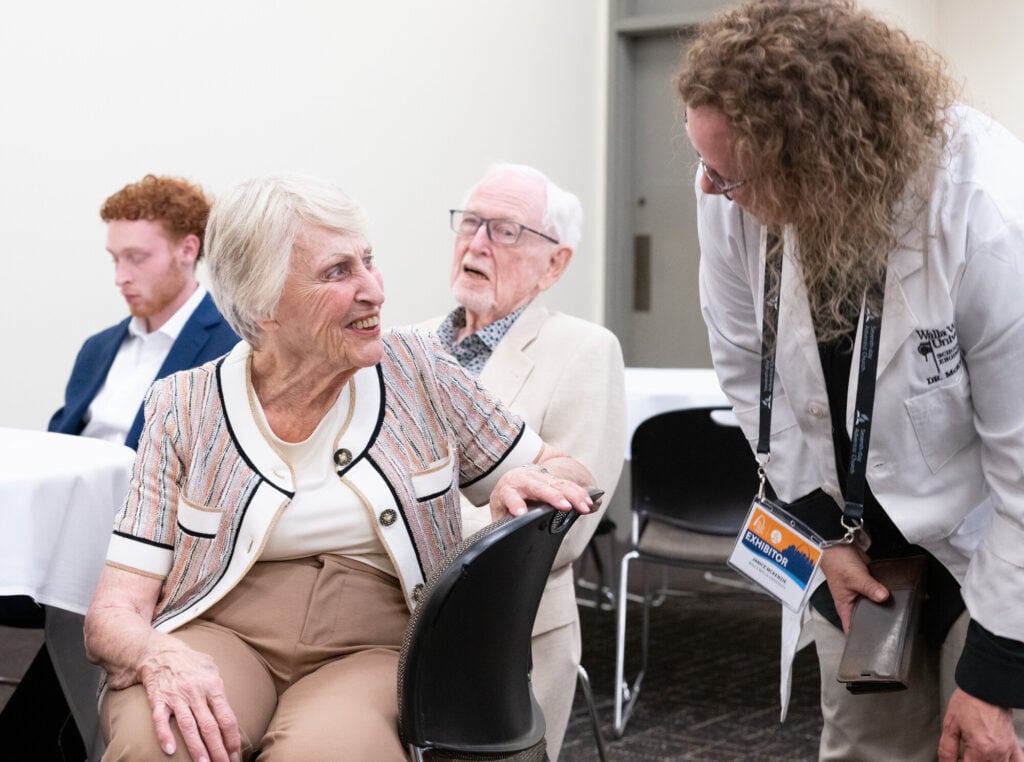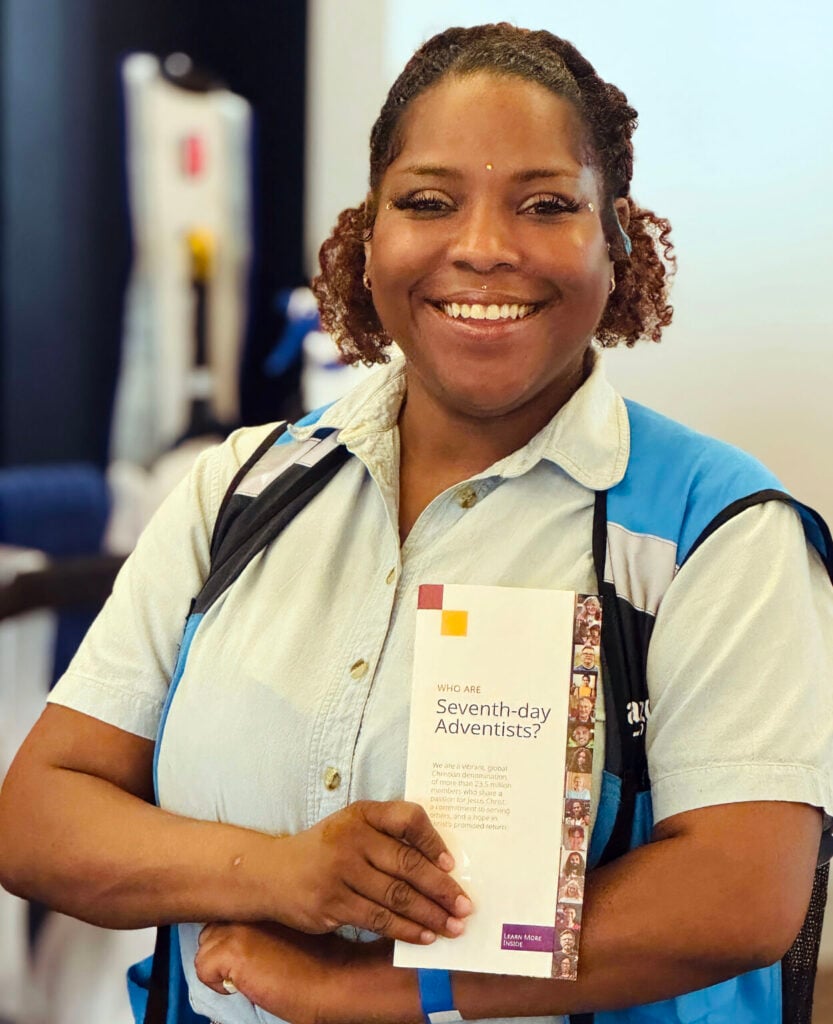I have a confession to make. I have a habit, some might call it a morbid one, but wherever I go, whatever city I’m visiting, I will find myself in the oldest cemetery in town, walking among the dead.
The most interesting cemeteries I’ve ever been to are the ones found in Charleston, South Carolina, and Savannah, Georgia. I can go to a cemetery, and stay for two hours, three hours, and I walk up and down reading the tombstones. I like to ponder: Who was this person? What was their life?
The most interesting tombstones I have found were the ones dated in 1891. Several tombstones together—a family plot. There were two large tombstones, and then there were three small, childlike tombstones. I got down on my knees, and I started to read those epithets. I discovered the year that the people on the two large tombstones were born. They were both husband and wife, and those three tombstones, I saw their birthdays and realized they were newly born. The first one was born on May 30, 1891, and died June 1. The second tombstone had the same birth and a June 2 death. The third tombstone listed the same year, with death on June 3. June 3! Three girls, and they died a day apart. On closer examination of that family plot, I saw that the father and the mother died on the fourth day.
Searching the words on each tombstone, I formed the picture. The mother and father could not take the death of their three children. Triplets born and then triplets dying each a day apart. To lose three children within three days, I’m sure their hearts were broken. I’m sure there was a sad funeral that the parents never had a chance to attend because they died themselves. I believe that they carried a burden too heavy for them. The pressure was too much.
We all carry life’s drama. Whether we have lost someone is not the issue. Whatever the situation, the difficulty, the issue is: have we learned how to take what we carry and cast it at the feet of Jesus?
In 1978 I was running a big evangelistic campaign in a little town in Georgia. I was studying my message, about to go to the tent to preach that night on death, and in walked the conference president to tell me that my mother had just passed. Here I am, doing what God has called me to do, and this news comes. I almost lost it. But I was reading my Bible when the news came, and that text was “Blessed are the dead who die in the Lord” (Rev. 14:13). I gave it to God. I carried it that night, but I gave it to God.
Life is hard. We’ve all had our moments of despair. We’ve all carried heavy loads that we felt as though we just couldn’t take anymore. Whatever we face in life, it’s a lot easier when we don’t try to carry it ourselves. Cast your cares on Him (see 1 Peter 5:7).
The Bible says, “I am the Lord, the God of all mankind. Is anything too hard for me?” (Jer. 32:27).
Whatever you’ve got, no matter how big or small it is, put it on God. Put it on His plate, because He can handle it.
I learned a valuable lesson that day walking among the dead. And yes, there are lessons to be learned among the dead, but there are even greater lessons to be learned among the living. Those who have been through something and have survived did so only because of God’s grace and strength. These are the lessons meant for the living.
— Calvin Watkins, Sr., is vice president, regional liaison/evangelism, for the North American Division.




